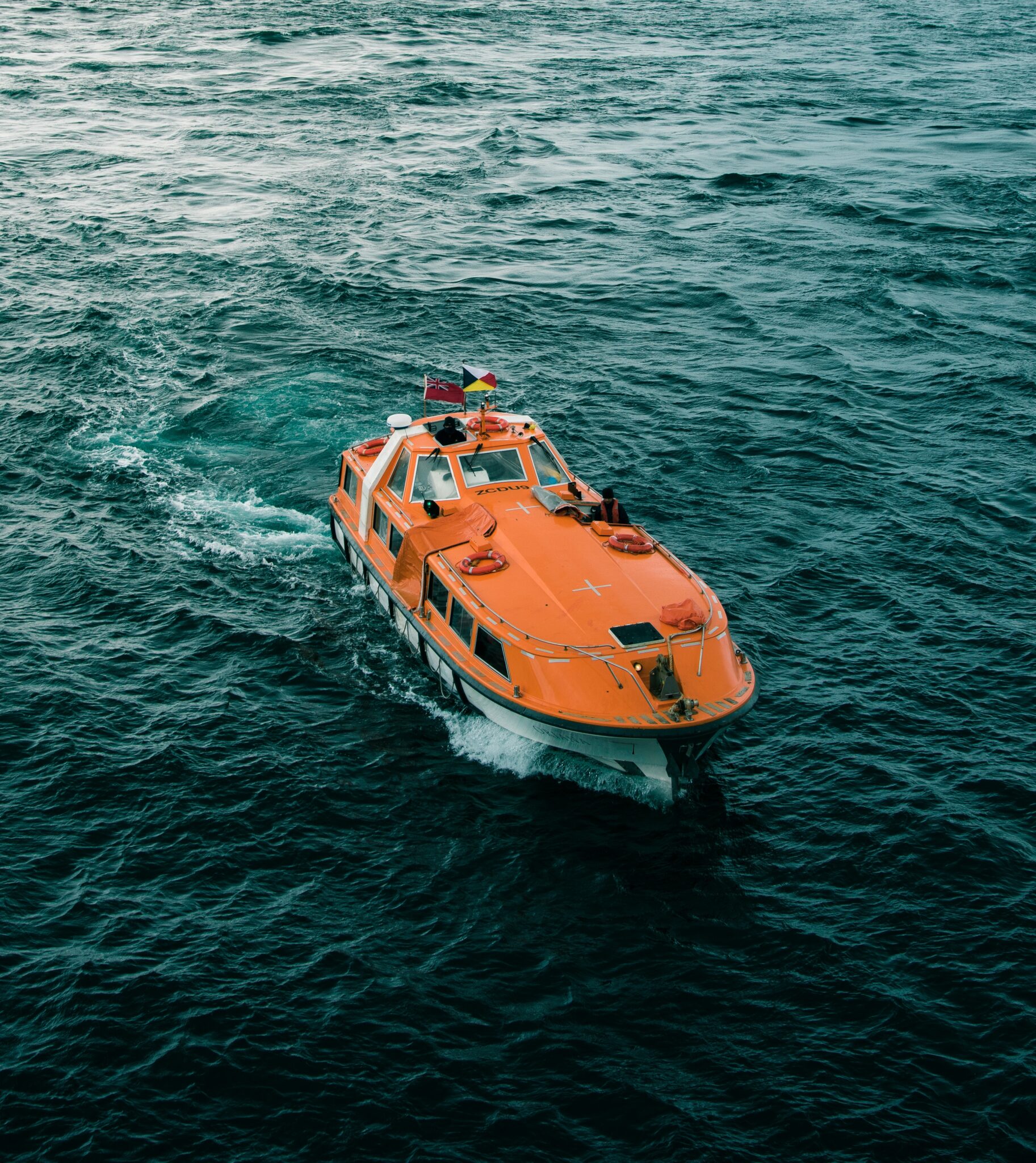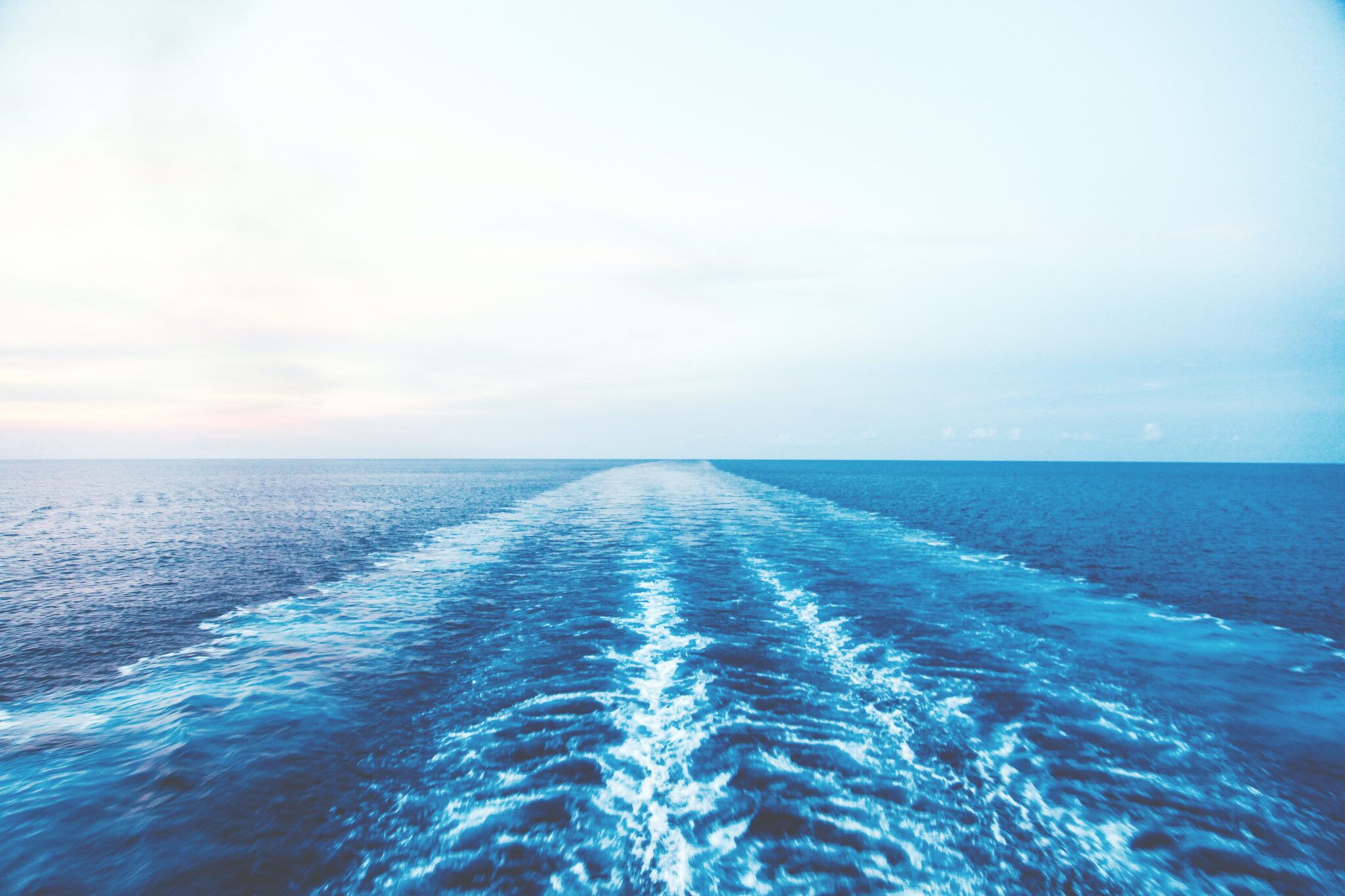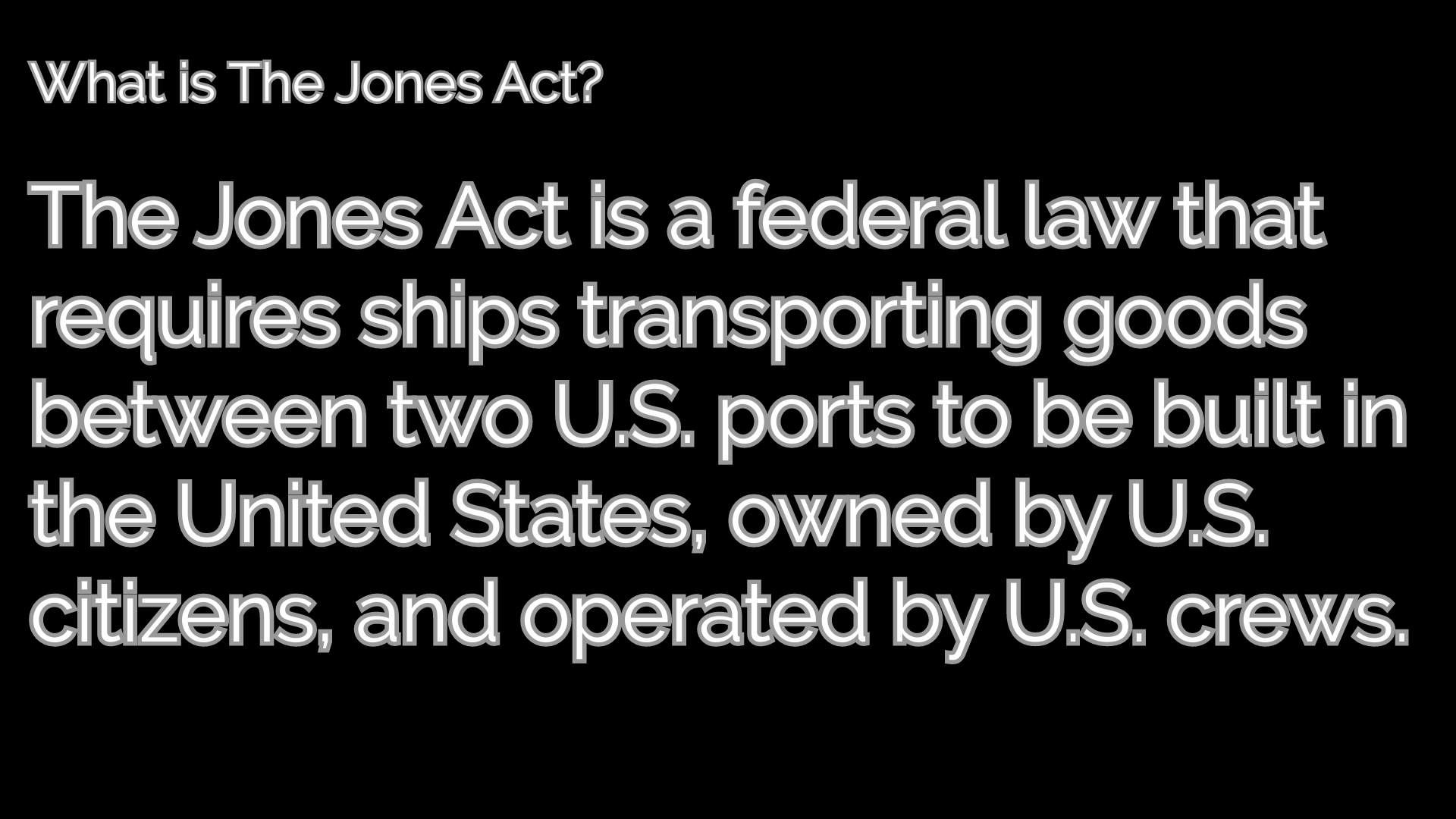Navigating Legal Challenges after Bay of Biscay Cruise Ship Tragedy and 100 Injured
When embarking on a thrilling sea journey, particularly with Saga Cruises Spirit of Discovery across the majestic Bay of Biscay, we envision only exceptional experiences. But, when a catastrophe like a storm hits, transforming holiday pleasure into a nightmare, the voyage suddenly demands more than just a pause. The cruise ship accident before returning on November 6, 2023, is an unfortunate reminder of such circumstances, demanding our serious attention.

“Navigating the legal waters can be as intimidating as the storm itself; whilst you grapple with the aftermath, Ehline Law joins the journey, offering indispensable support. If you’ve been a victim, like passenger Jan Bendall, it’s crucial you seek the right legal advice.” – Michael P. Ehline, Marine Law Expert
We want to guide you through the process, explaining how Ehline Law can be your compass in navigating these dangerous legal waters. Whether you’re a passenger, like Ms. Bendall, or a crew member, you may be entitled to compensation for negligence or breach of duty of care. We will also delve into whether the rights to claim damages are the same for passengers and employees of the cruise, delivering clarity amid chaos.
Understanding the Legal Landscape
When it comes to the law surrounding maritime incidents, the waters can seem murky, and those entrapped may find themselves out of depth. Ehline Law, with its extensive experience in handling cruise ship accident cases, will be right there with you – parting the sea of legal jargon and complex processes.
The pivotal question arises: do passengers and employees have the same claims for damages? The answer, unfortunately, isn’t straightforward “yes” or “no.” Differences in circumstances, jurisdictions, and contractual agreements can significantly impact the nature and amount of potential compensation.
Sail Through Legal Complexities With Ehline Law
Ehline Law has a firm grasp on the helm when navigating through the turbulent waters of cruise ship accident lawsuits. This is true for cases like the tragic mishap on Saga Cruises Spirit of Discovery, which returned on November 6, 2023, after enduring a horrendous storm in the Bay of Biscay.
The Challenging Journey of Jan Bendall: A Victim’s Tale
Amongst the distressed passengers was Jan Bendall, whose tale underscores the harrowing experiences that individuals often survive on such disastrous voyages. Bendall, who came on board it comes to handling the tumultuous waters of cruise ship accident claims. The firm’s extensive experience, depth of legal knowledge, and tenacious advocacy shine through, especially when you’re grappling with the aftereffects of an accident as devastating as the recent Saga Cruises Spirit of Discovery in the Bay of Biscay. Amidst the storm, passengers fought for survival and, later, for justice. Ehline Law navigates these rough waters, understanding the human emotions and legal intricacies entwined within these ordeals.
Distinguishing Passenger and Employee Claims
Before delving into various possible claims, it is imperative to delineate between passenger and employee claims. Although both stem from the same incident, the laws governing their rights & compensation claims differ significantly. Getting injured on a cruise ship can be a real headache, whether a passenger or an employee. But did you know that the laws for filing injury claims differ significantly?
Yes, that’s right! There’s a whole world of difference in how the law treats these two distinct parties. It boils down to a critical aspect: the relationship with the cruise company. Passengers are considered customers, while employees fall under maritime workers. But let’s not get too ahead of ourselves. We’ll explore that in detail as we go.
Understanding the differences between a cruise ship employee claim for injuries and a passenger injury statute is crucial when navigating your rights at sea.
- Passenger Injury Claims: These are generally governed by the ticket contract, international maritime law, and the law of the flag state (i.e., the country where the ship is registered). Passengers on the tragic cruise of November 6, 2023, may seek financial relief for various damages such as medical costs, lost wages, pain, suffering, and emotional distress. A precise understanding of maritime law is required to determine the extent of compensation viable under such circumstances.
- Employee Injury Claims Are typically protected under the Jones Act (for U.S.-based employees) or other international maritime labor conventions that provide a higher level of protection for seafarers. Cruise ship employees pose a unique set of circumstances. Working as a crew member often comes with particular hazards and risks. Caught between their roles as employees and service providers, crew members have unique challenges when pursuing legal claims for injuries incurred on board. Let Ehline Law demystify this path for you.
Now, let’s dig deeper into these differences and figure out the ins and outs for each category so that you are well-equipped for such a situation during your cruise ship journey or employment.

Jones Act?

The Saga Cruises Incident: A Cautionary Tale
On November 6, 2023, the cruise liner Spirit of Discovery by Saga Cruises returned from the Bay of Biscay after a tumultuous journey marred by a disastrous storm. Passengers and crew aboard lived the nightmare, but passenger Jan Bendall’s plight stood out. Now, even after reaching safe shores, she’s caught in another storm – a legal one.
Navigating Legal Waters with Ehline Law
Facing a legal battle can be a challenging prospect, particularly for victims of a traumatic cruise ship accident. Ehline Law steps in at this juncture to ensure that victims’ rights like Bendall’s are duly acknowledged and respected. We help you understand the complexities of maritime law, create solid cases, and fight tirelessly to ensure you receive due compensation.
Leveraging the Passenger Contract
You might not realize it, but when you buy a cruise ticket, you enter into a legally binding contract with the cruise company. This ticket contract outlines the rights and responsibilities of both parties. Often, these contracts contain clauses that dictate how and where any claims must be filed. But don’t worry! Ehline Law is here to help you understand these contracts and harness their power to stake your claim.
The Jones Act: A Key Factor for Employee Claims
Understanding the intricacies of the Jones Act is crucial when discussing employee claims in the cruise ship industry. The Jones Act is a federal law providing legal recourse for seafarers dealing with on-the-job injuries or illnesses. If an employee becomes injured while on a ship, the Jones Act allows that person to file a lawsuit against their employer if they believe that negligence from the employer was a factor in the injury.
The critical aspect is that the Jones Act is exclusively for employees, not passengers. But why, you might ask? That’s simply because the parameters of the work environment for cruise ship employees are entirely different from the environment that passengers experience.
Differentiated Accountability and Responsibilities
In a cruise ship environment, employees are constantly on duty and engaged in multiple activities that might increase the chances of harm or injury. These inherent job-related risks make the Jones Act a necessary provision. On the other hand, passengers aren’t subjected to these same occupational hazards since they are onboard simply for leisure or travel. Therefore, common carrier laws typically govern cruise operators’ responsibility towards their passengers.
Claim Process: A Distinct Difference
Moreover, the claim process significantly differs between employee and passenger injury claims. Employees who claim under the Jones Act can sue their employer directly. The burden of proof is lighter for these employees; if they can show that the employer’s negligence played even the slightest part in their injury, they could win their case.
However, passengers don’t have the same legal foundation. For an injury claim from a passenger, the cruise ship company strictly adheres to the terms stated in the ticket contract, and the passenger must provide substantial evidence proving negligence on the cruise line’s part. It can be more demanding and challenging than the one cruise ship employees go through.
The Jones Act sets a different employee claim process that reflects their unique working conditions and risks. This act enables cruise ship workers to assert their rights and safeguards their welfare in a high-risk environment. Conversely, passenger injury claims follow a different legal path, governed more by the principles of common carrier laws and the stipulations outlined in ticket contracts. Thus, passengers’ and employees’ rights, responsibilities, and legal recourse differ despite being on the same vessel.
Understanding Employee Rights
For those who work aboard a cruise ship, their claims are governed by a different set of rules. Employees have rights protected by various maritime laws, such as the Jones Act. Like passengers, employees also have the right to compensation for any injuries. However, establishing fault and proving negligence in these cases can be complex. Thankfully, with Ehline Law at your side, you can rest easy knowing that your rights are safe.
Never Alone, with Ehline
Whether you’re a passenger or an employee, navigating these legal waters alone can be daunting. But remember, you’re never alone when you have Ehline Law by your side. We pride ourselves on our approach, maritime expertise, and unwavering determination to secure justice for our clients. Ehline Law is your steadfast legal ally on smooth seas or stormy waters.
Understanding Crew Members’ Unique Position in Claims
Aboard a cruise, crew members navigate more than just the ship’s deck. They wade through complex legal waters, balancing employee rights with international maritime laws. Ehline Law, equipped with years of marine law expertise, is the sailing mate you need in such choppy waters. Here, all parties could argue mechanical failure due to a defective Man Overboard System or that the Captain was negligent for not anticipating a sudden stop in rough seas.
Crew members often spend more time on the ship than passengers, increasing their exposure to potential hazards. From long working hours and rigorous physical labor to the unique psychological pressures of spending many months at sea, the working conditions are markedly different from the short-term vacation experience of passengers. This is why the chances of potential accidents or injuries increase in a challenging environment like that of a cruise ship. Therefore, the legal implications can become quite complex when something goes awry. For instance, workman’s compensation laws on land may not apply at sea. This is where maritime law comes in, a unique legal area that covers a range of incidents and accidents that may occur on the water.
At Ehline Law, we possess an in-depth understanding of maritime and land-based laws. Our competent team of lawyers is equipped to provide legal advice and assistance in such situations and help crew members pursue rightful compensation. We gather and analyze the requisite evidence, interact with the cruise line’s insurance and legal teams, and provide robust representation in court if needed—our goal for her suffering and trauma.
Medical Treatment and Benefits: Employees vs. Passengers
Let’s dive into the differences in medical treatment and benefits for cruise ship employees and passengers. It’s important to understand that these two groups have distinct rights and privileges when dealing with injuries on board.
Medical Treatment for Employees
Whenever a cruise ship employee is injured, they are eligible for medical treatment under the Jones Act. This federal statute permits maritime workers to seek compensation for injuries at sea. This means the cruise ship company is liable to cover all medical costs until the employee reaches “maximum medical cure” or MMC.
The term MMC here refers to the point at which the employee’s condition cannot be further improved with medical treatment. Until then, the company is bound to cover costs related to doctor visits, surgeries, medications, physical therapy, and even travel expenses for treatment.
Medical Treatment for Passengers
Unlike the Jones Act for employees, passengers are typically protected by general maritime law. If a passenger gets injured, they can seek compensation from the cruise line only if they can prove negligence by the cruise company. So, for instance, if a passenger slips and falls due to a wet staircase that was not marked as hazardous by the ship’s crew, the passenger could file a claim against the cruise line. However, proving this negligence isn’t always easy; claims can be complex and time-consuming.
Different Benefits for Employees and Passengers
While employees and passengers can seek compensation for injuries, their benefits are markedly different.
Compensation: A Right, Not a Privilege
It is crucial to remember that obtaining compensation is not a privilege but a right for victims of accidents, whether you are a passenger or a crew member. In the case of Jan Bendall and countless others, Ehline Law has worked relentlessly to enforce this right. We believe in offering effective legal services and moral support to victims during these challenging times.
Our team provides comprehensive legal assistance, from filing the case, providing compelling arguments, and negotiating settlements to ensuring that the victim is financially and medically secure during this period. We seamlessly guide you through the complex legal labyrinth, ensuring the best possible outcome.
In the aftermath of the Saga Cruises Spirit of Discovery tragedy, passengers and crew alike are left to navigate the frightening legal waters of pursuing compensation. The complexities of the laws governing these cases mean that you, as an individual, may feel daunted by the process that lies ahead. This is where Ehline Law gladly steps in.
With Ehline Law at your helm, our focus is securing just compensation for you while providing a compassionate, supportive presence throughout your case. Our legal team offers step-by-step guidance, lessening the daunting legal process. You don’t have to do it alone.
Consider the story of passenger Jan Bendall. This experience illuminates the intricate path victims must tread for justice after such a sea tragedy. The complicated journey toward justice for maritime accident victims requires astute attention to the fine details of each case.
| Jan Bendall’sStory |
|---|
| Jan faced significant hurdles on her road to recovery and compensation, from understanding and proving liability to negotiating a fair settlement to secure her future. Ehline Law was her guiding light throughout this ordeal, providing relentless advocacy and maintaining an unwavering pursuit of justice. The result was a successful claim that gave Jan the financial security to continue her journey. |
Like Jan Bendall, all passengers holding claims can seek compensation. Similarly, employees and crew members can pursue damages, albeit their claims have unique peculiarities. You must know your passenger or employee position to craft the most compelling case. When dealing with a potential claim against a cruise line (be it as an employee or a passenger), it’s always advisable to seek counsel from a knowledgeable maritime attorney. Deep understanding and appropriate navigation of the intricate and nuanced maritime laws will be invaluable in ensuring your rights are upheld.
While both passengers and employees may be injured aboard a cruise ship, the processes for claiming compensation and the responsibilities of the cruise line can significantly shift depending on the injured party’s status. Thus, knowledge of these differences is essential for a successful claim pursuit.
Remember, in such distressing events, obtaining compensation is not a case of seeking a privilege — it is a right. With Ehline Law by your side, we help you turn this right into a reality by providing custom-tailored legal solutions depending upon your unique, individual circumstances. Contact us today to learn more.
